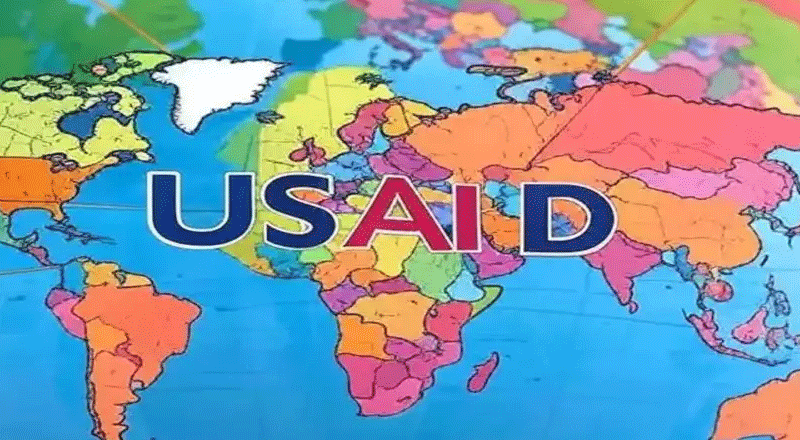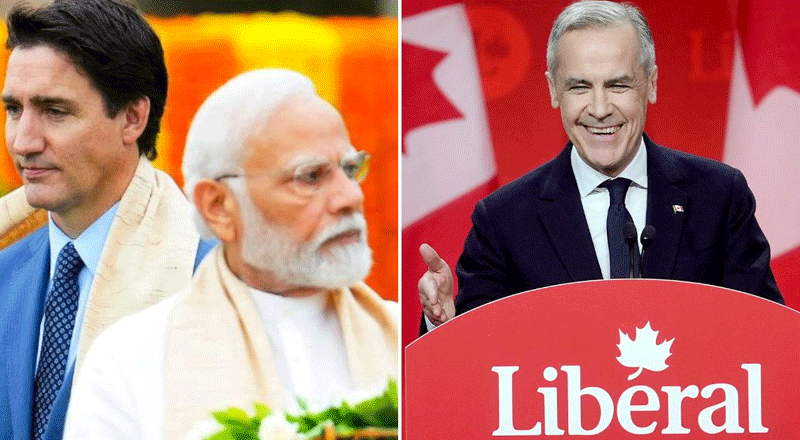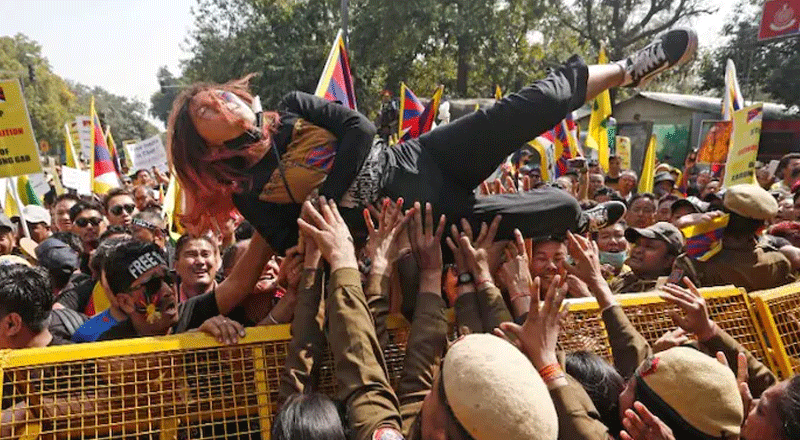The History and Significance of USAID
The United States Agency for International Development (USAID) has played a crucial role in global humanitarian and developmental aid since its inception in 1961. Established by President John F. Kennedy, USAID was created to counter Soviet influence during the Cold War through foreign assistance, supporting economic growth, healthcare, disaster relief, and educational programs worldwide. Over the years, it has evolved into a major force in international development, addressing issues such as poverty, disease, and social welfare in over 100 countries.
Now, the Trump administration, backed by tech mogul Elon Musk, is moving to dismantle USAID, causing widespread concern across the globe. The possible shutdown threatens not only U.S. foreign policy interests but also the countless nations, including India, that depend on USAID’s aid programs.
Trump and Musk’s Move Against USAID
The signs of USAID’s potential shutdown became evident on February 1, when its official website suddenly disappeared without explanation. Shortly after, Musk announced that the Department of Government Efficiency (Doge) was in the process of shutting down the agency, with Trump’s backing. The following day, USAID staff were instructed to stay out of their Washington, D.C., headquarters and work remotely.
Trump accused USAID of being mismanaged and a financial drain, stating, “It’s been run by a bunch of radical lunatics, and we’re getting them out.” Musk, too, alleged corruption within the agency, claiming that USAID had used taxpayer money to fund bioweapons research, including Covid-19.
How USAID Benefits India and Other Countries
For decades, USAID has been a vital partner in India’s development, contributing millions of dollars in aid to key sectors like healthcare, education, and sanitation. Since 1951, the agency has collaborated with the Indian government to combat maternal and child mortality, tuberculosis, HIV, and the Covid-19 pandemic. USAID has saved more than two million children’s lives in India since 1990, prevented thousands of deaths from pneumonia and diarrhea, and trained healthcare providers in treating TB and other infectious diseases.
USAID has also played a significant role in India’s educational initiatives. Working across 16 states, the agency has helped improve literacy in nine languages and supported the national ‘Padhe Bharat Badhe Bharat’ (Read India, Progress India) campaign, benefiting over two million students. Furthermore, USAID’s backing of Swachh Bharat Abhiyan has included securing $5 million in funding to improve sanitation efforts in India.
While an official stated that India could withstand the cuts, the long-term effects on key developmental projects remain uncertain.
Outside of India, the impact of USAID’s dissolution could be devastating. In sub-Saharan Africa, USAID has been instrumental in landmine removal, Ebola containment, and HIV/AIDS prevention programs. In Latin America, its withdrawal has already led to the closure of medical services for migrants in Mexico and mental health programs for LGBTQ+ refugees in Venezuela.
The Worldwide Implications of USAID’s Closure
The proposed dismantling of USAID could have far-reaching consequences for global stability. Aid workers and policymakers have warned that cutting off humanitarian assistance could weaken international alliances, increase poverty, and escalate crises in vulnerable regions. The agency’s work in addressing food insecurity, public health, and disaster relief is critical to maintaining stability in many developing nations.
Critics argue that Trump and Musk’s approach to dismantling USAID is not only reckless but also legally dubious. Senator Brian Schatz from Hawaii has stated, “Dismantling USAID is illegal and makes us less safe. USAID was created by federal law and is funded by Congress. Donald Trump and Elon Musk can’t just wish it away with a stroke of a pen — they need to pass a law.”
A Humanitarian Setback with Global Repercussions
The closure of USAID would mark a significant setback in global humanitarian efforts. With critical aid programs being suspended in India, Africa, and Latin America, millions stand to suffer from the loss of essential health, education, and social welfare services.
As India and other affected nations assess alternative strategies to fill the void left by USAID, the international community faces an urgent dilemma: how to address the looming crisis created by the potential withdrawal of one of the world’s largest aid agencies. The impact of this decision will be felt far beyond U.S. borders, influencing global diplomacy, international development, and humanitarian relief for years to come.
(With inputs from agencies)





